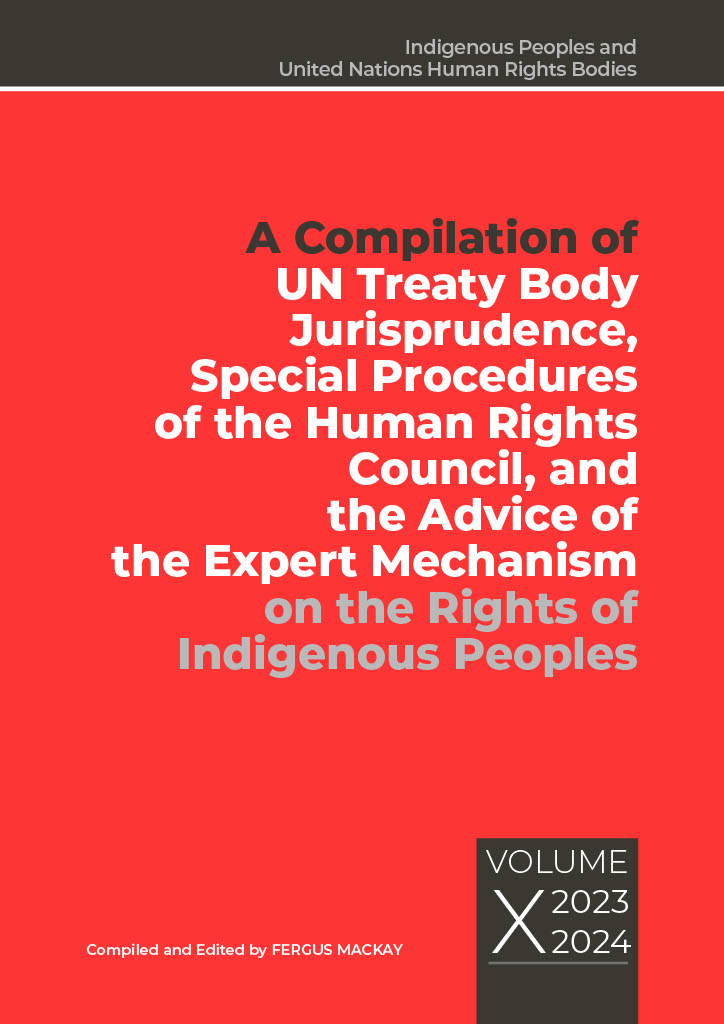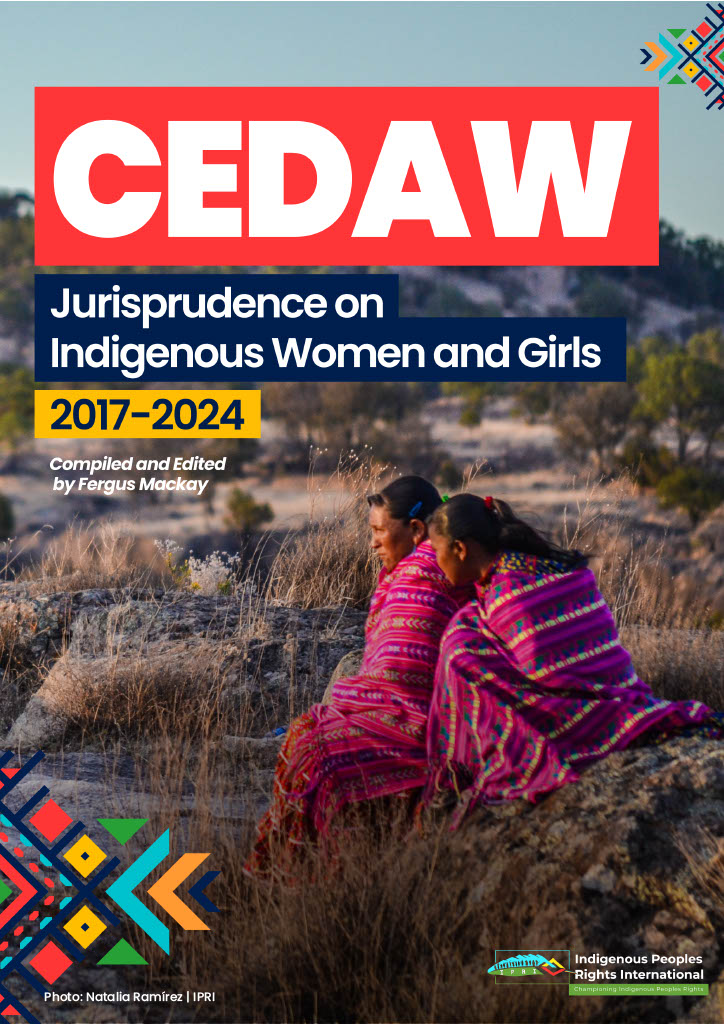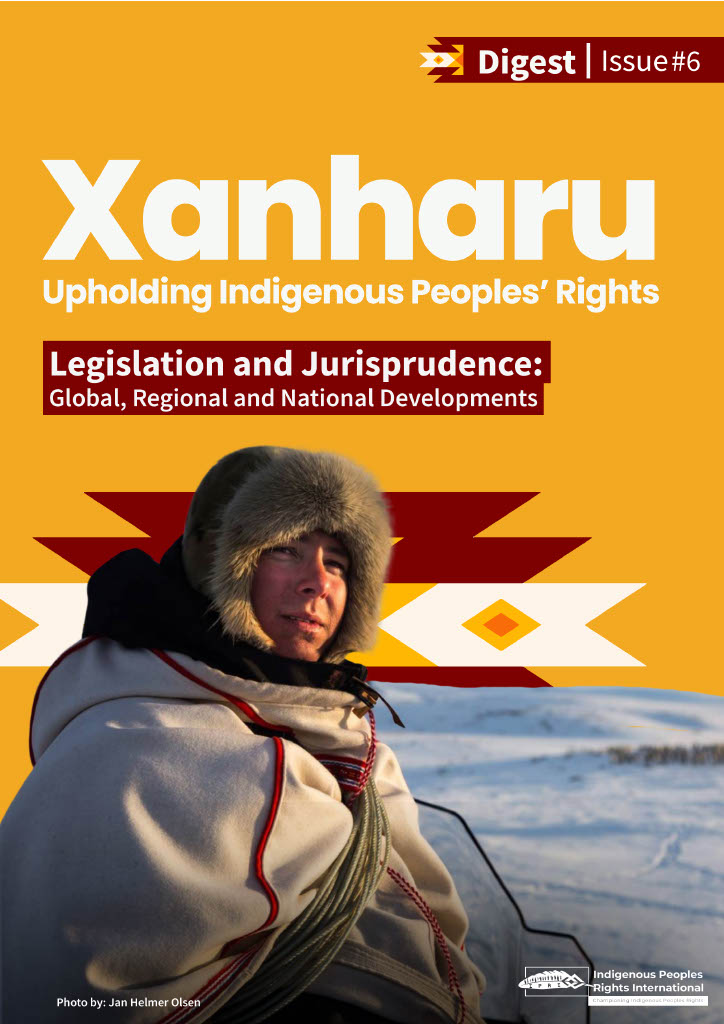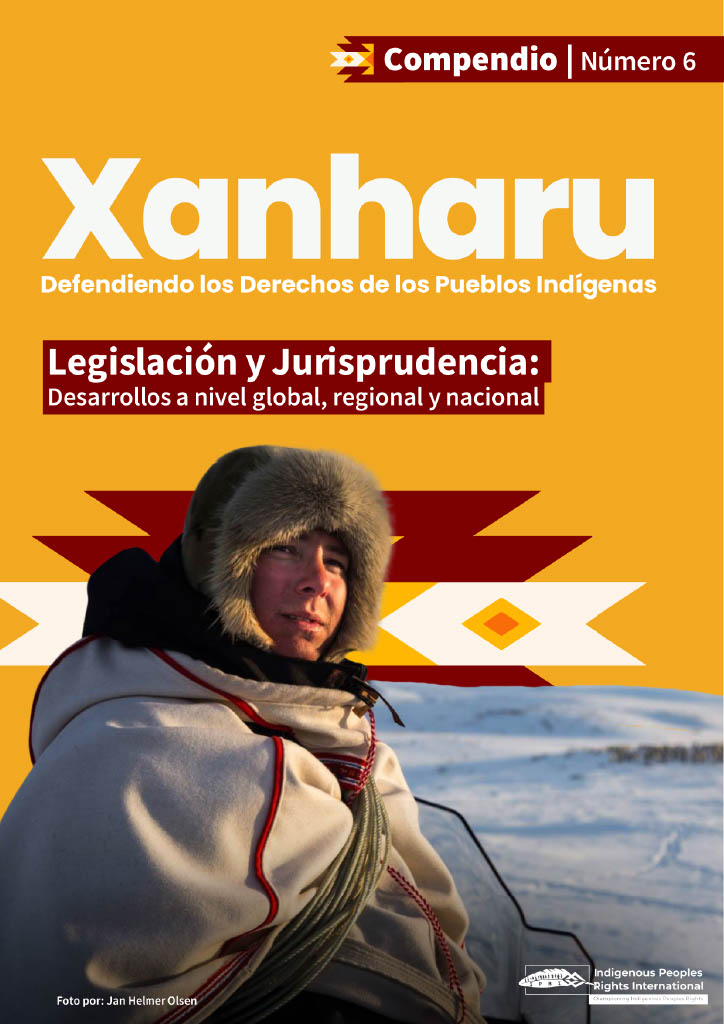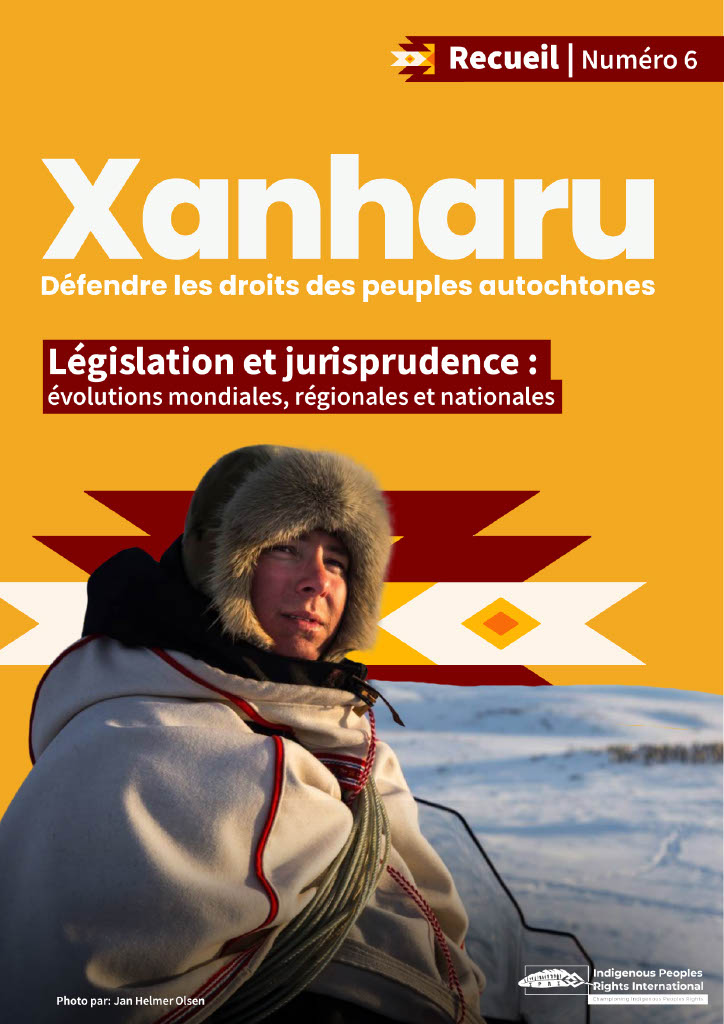INDIA
Despite having special constitutional protection, indigenous peoples in India (called Adivasis or tribals) face criminalization and violent attacks by both state agents and Maoist groups.
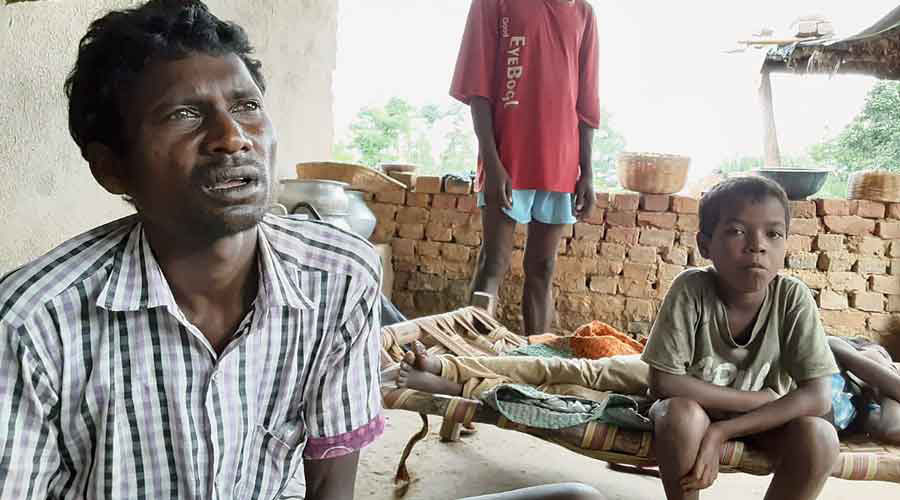
In general, human rights defenders in India are criminalized under the draconian Unlawful Activities (Prevention) Act 1967 (UAPA) and, in the case of the Adivasis, also under various forest laws that conceptualize Adivasis as criminals and savages.
Many cases of criminalization of indigenous people are linked to the defense of their collective rights and the environment. Communities are dispossessed of their lands or expelled from the forests, under the false accusation of being encroachers. Their properties and houses are burned and demolished, leaving them to their fate.
In addition, the militarization of regions inhabited by indigenous people has also led to serious human rights violations, such as extrajudicial executions of tribal people, and indigenous villagers are victims of extrajudicial executions, kidnapping and torture at the hands of Maoist groups.
NEWS
MULTIMEDIA
“Indigenous peoples across the globe are increasingly subjected to criminalization and violations of their individual and collective rights with impunity. Help put an end to this.”
Registered in the US as a 501(c)(3) nonprofit corporation (EIN: 86-1737122)


















